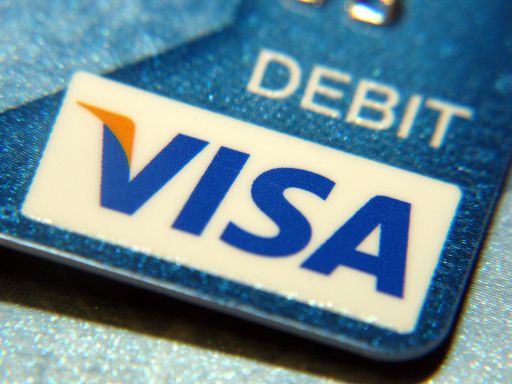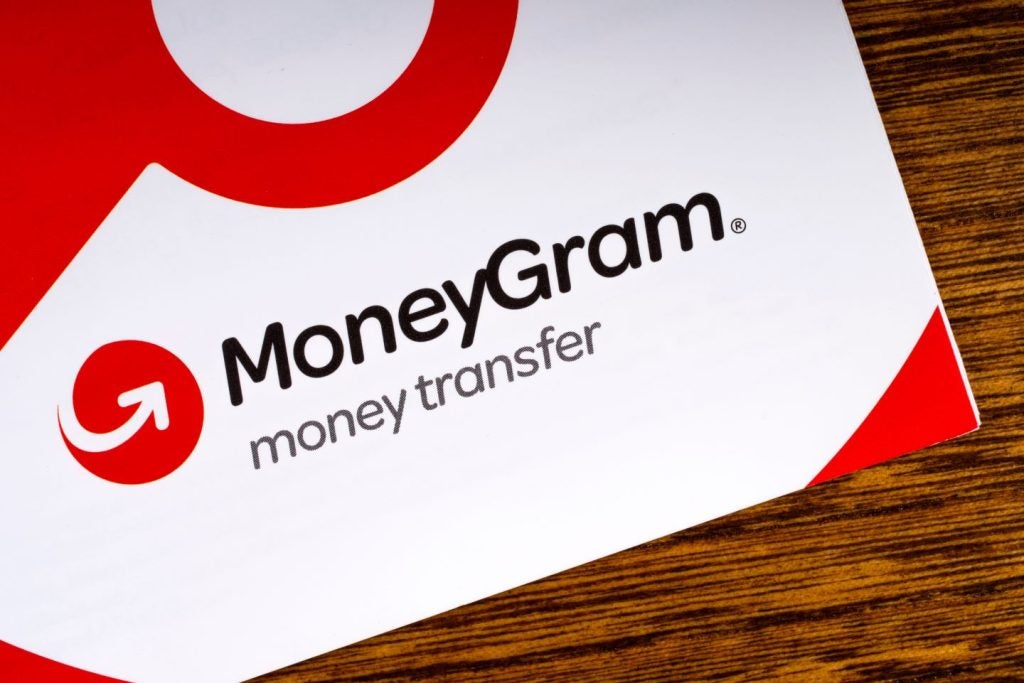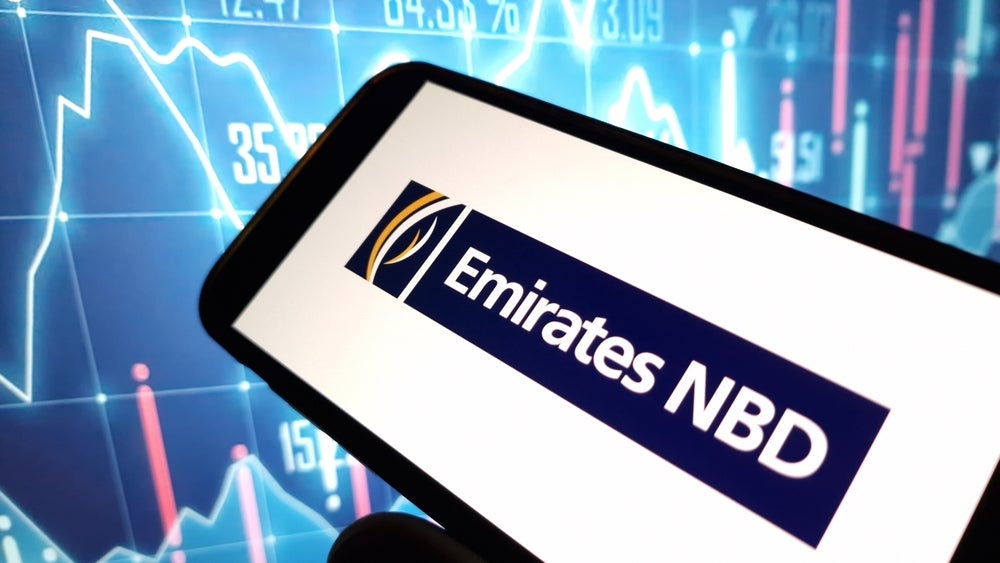
Visa is working to develop a universal payment channel that would interconnect multiple blockchain networks and facilitate transfer of digital currencies.
The payment giant said that its research and product teams have been working on the interoperability system, dubbed ‘Universal Payment Channel’ (UPC), since 2018.
This project aims to connect blockchain networks to a variety of cryptocurrencies, stablecoins and central bank digital currencies (CBDCs).
The interoperability framework would operate independently of the underlying blockchain mechanisms.
According to Visa global CBDC product lead Catherine Gu, UPC will act as a ‘universal adapter’ among blockchains. It will enable central banks, businesses, and consumers to exchange value, irrespective of the form factor of the currency.
In recent years, there has been an increasing shift towards CBDC amongst central banks around the world.
Visa said that it expects many central banks to adopt some form of a digital ledger in the future.
Gu stated in a blog post: “We believe that for CBDCs to be successful, they must have two essential ingredients: a great consumer experience and widespread merchant acceptance.
“It means the ability to make and receive payments, regardless of currency, channel, or form factor. And that’s where Visa’s UPC concept comes in.”
Gu also noted that UPC may have ‘implications for transaction speeds in digital currencies’.
While modern networks process thousands of transactions per second, existing blockchain networks are said to handle a fraction of those volumes.
In May this year, Visa and fintech Tala joined forces to develop a cryptocurrency solution that will enable underbanked populations to convert, store, and use crypto currencies.
The firms were also joined by Circle and the Stellar Development Foundation as additional partners for the initiative that will start with USDC, the stablecoin governed by the Centre Consortium.







